Disabled people will be considered “expendable” under emergency government powers to cope with the coronavirus epidemic, Tanni Grey-Thompson fears.
In a bleak speech, the champion Paralympian highlighted how a Bill about to be passed could result in “the complete removal of social care responsibilities” for at least two years.
The campaigner for disabled rights also raised fears of a drift to a register to decide which disabled people should receive services, as they shrivel.
Download the new Independent Premium app
Sharing the full story, not just the headlines
“Decisions will be taken by someone else about our usefulness in the next few months that we will have no control over,” Baroness Grey-Thompson told the House of Lords.
“I am starting to worry that disabled people might be seen as expendable during this pandemic.”
Explaining her presence in the chamber, despite increased personal risk from the virus, she added: “This is a health and social care obliteration Bill by a different name.”
Baroness Jane Campbell, former head of the Disability Rights Commission, echoed the fears, tweeting: “Disabled people must not be invisible in the survival planning process.”
And David Isaac, the chairman of the Equality and Human Rights Commission, said it was “concerned that the rights of all disabled people are respected”, adding: “We continue to monitor the situation.”
The warnings came as the Lords debated the coronavirus bill, which is being rushed through in a single day to allow parliament to be shut down on Wednesday night – for four weeks.
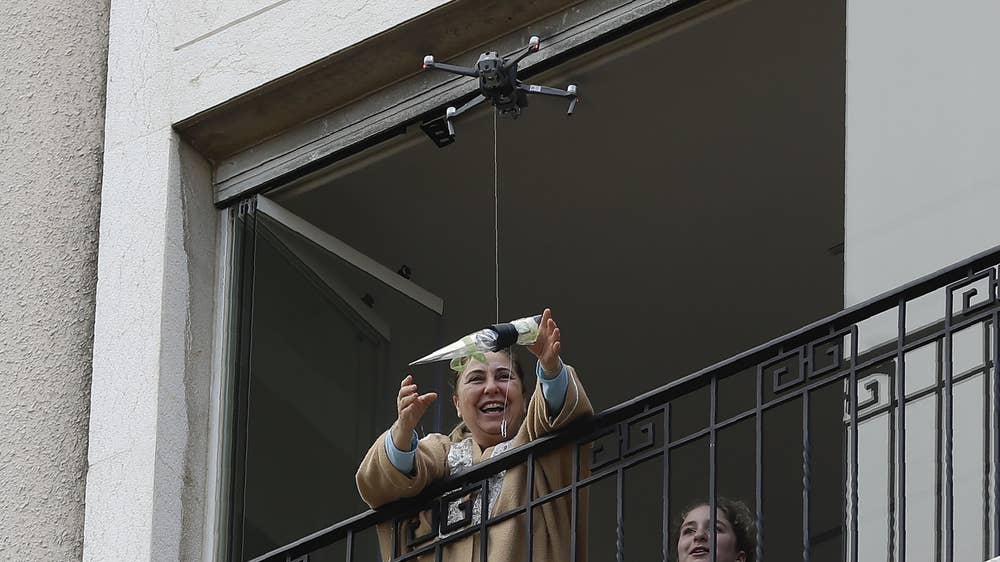
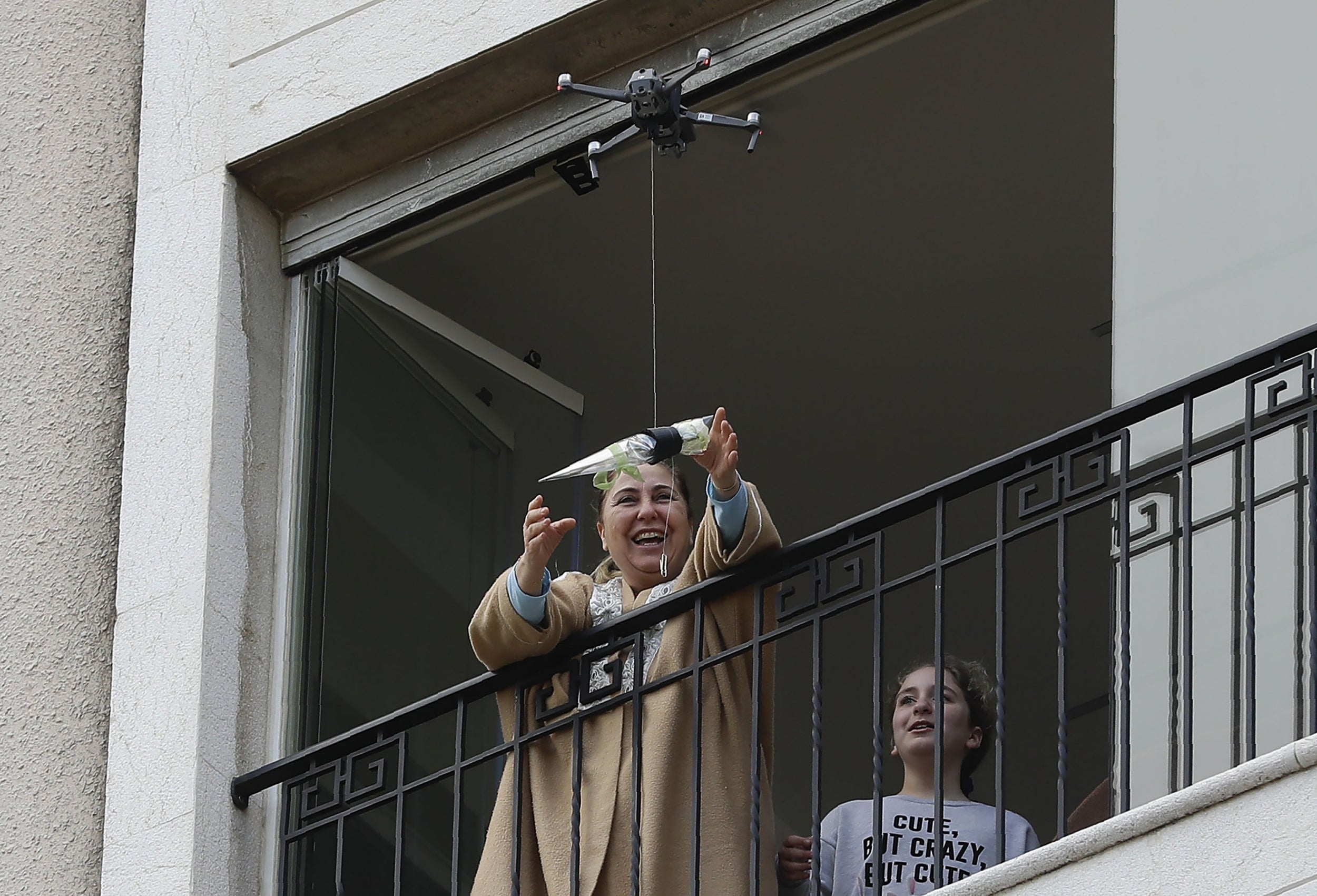
1/15
A rose is delivered by drone to a woman on Mother’s Day in Jounieh, Lebanon
AFP/Getty

2/15
Women dance on their balcony as a radio station plays music for a flash mob to raise spirits in Rome
Reuters
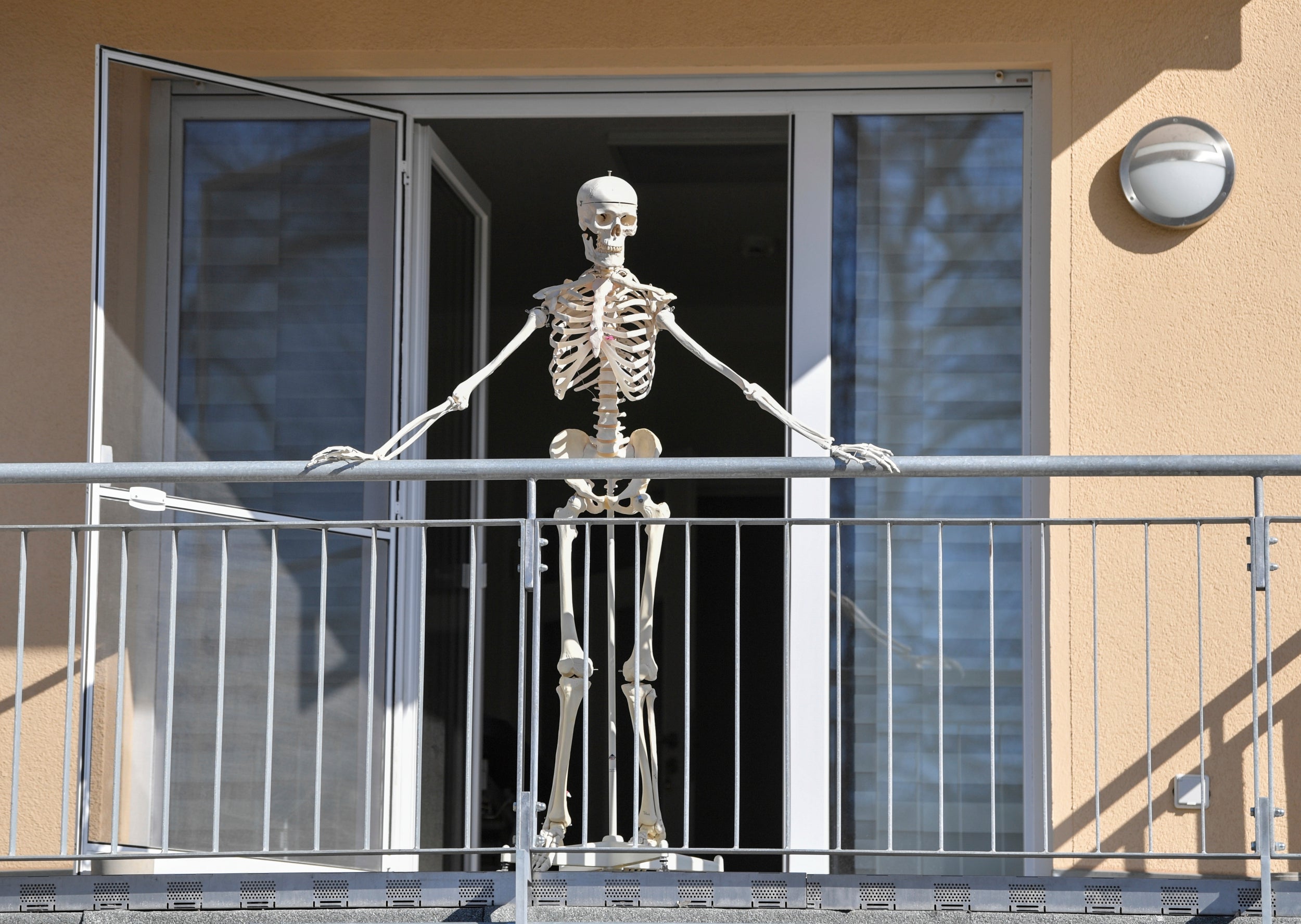
3/15
A skeleton stands on a balcony in Frankfurt, Germany
AP

4/15
The film Le ragazze di Piazza di Spagna is projected on a building in Rome
AP

5/15
A woman uses a basket tied to a rope to pull a delivery of groceries up to her balcony in Naples, Italy
EPA

6/15
DJ Francesco Cellini plays for his neighbours from the rooftop terrace of his flat block in Rome
Reuters

7/15
A woman gestures from her balcony in Barcelona
EPA

8/15
Cellist Karina Nunez performs for her neighbours at the balcony of her flat in Panama City
Reuters

9/15
DJ Nash Petrovic live streams a set from his roof in Brooklyn
Reuters
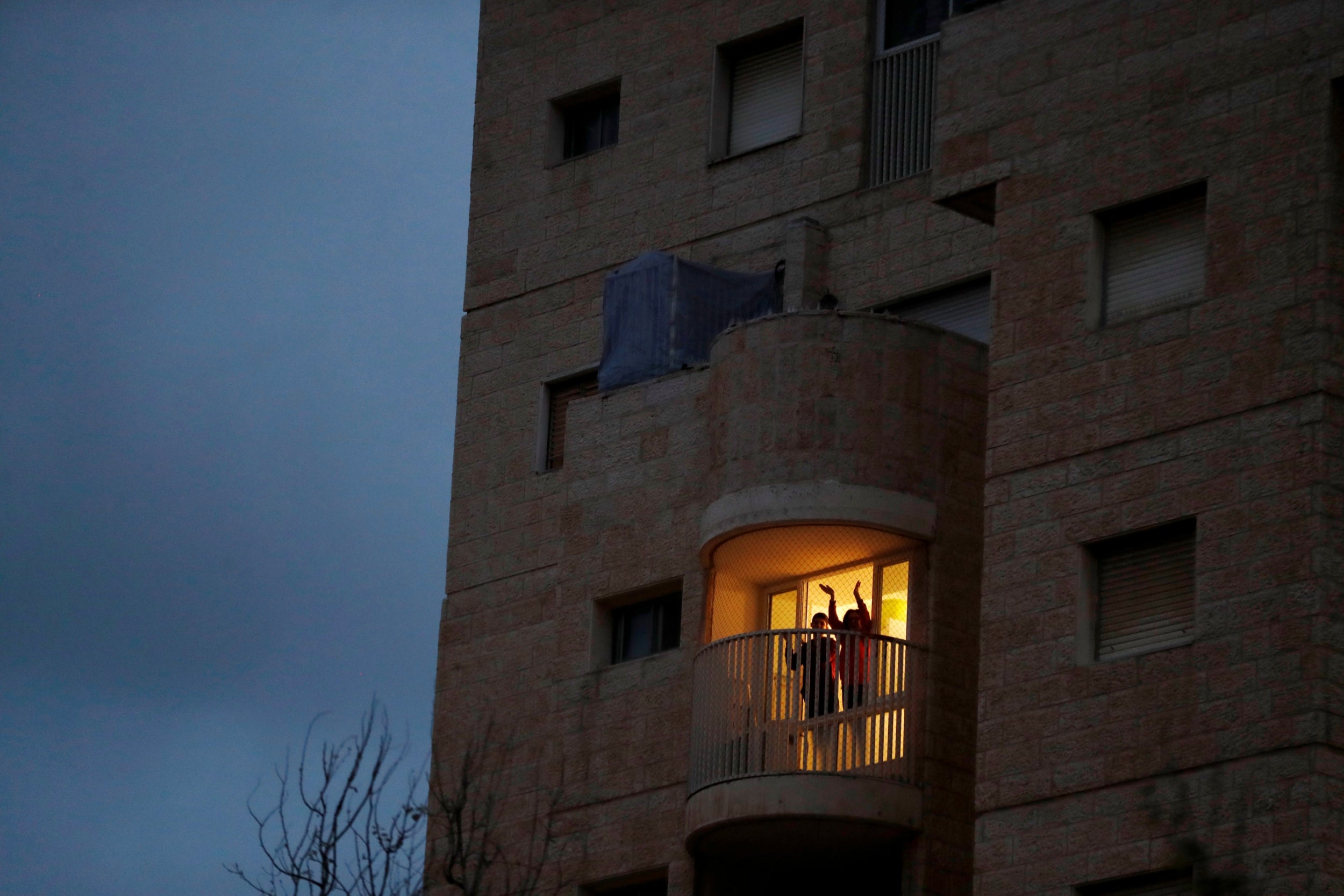
10/15
People applaud medical workers from their balconies in Modiin, Israel
Reuters
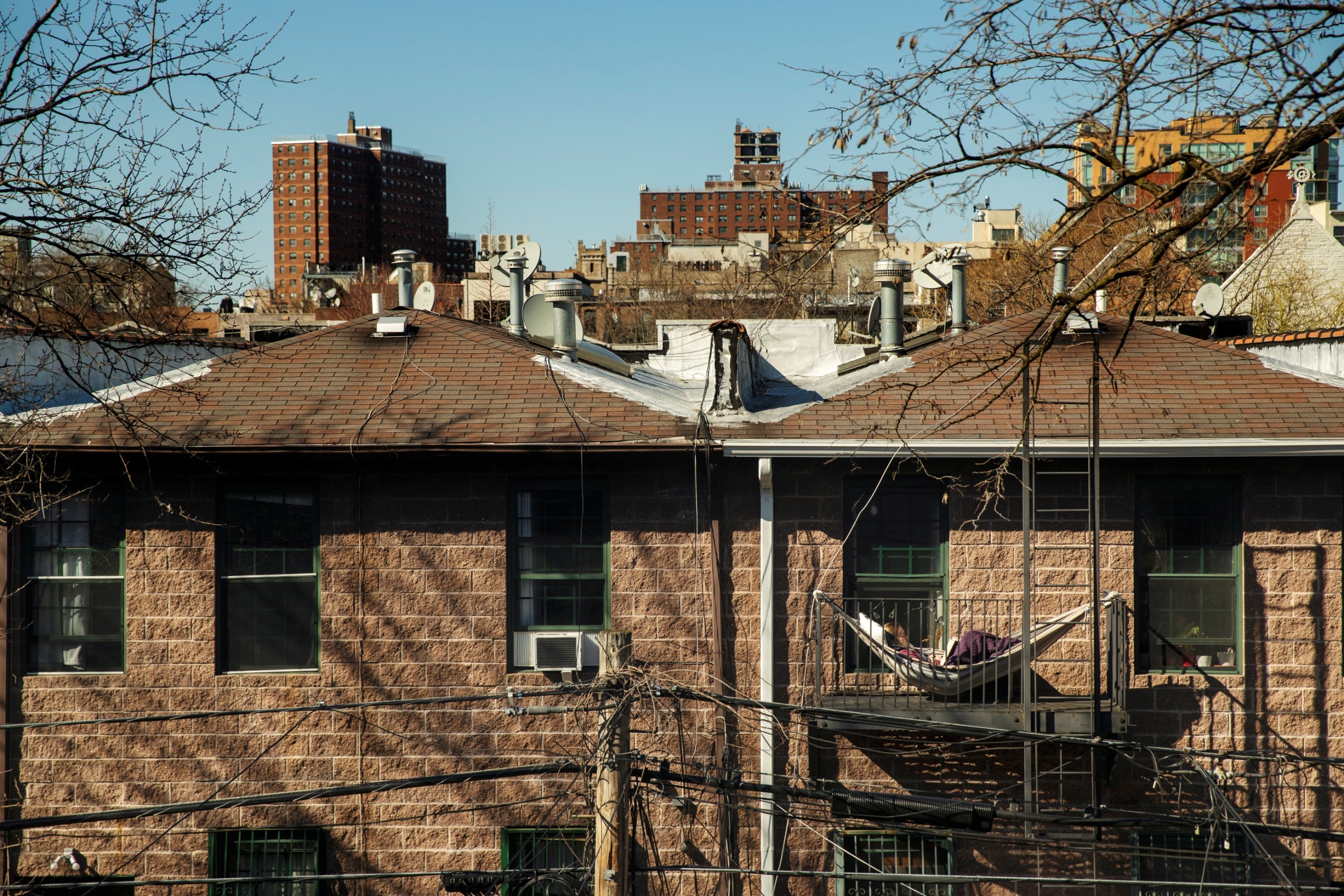
11/15
A Brooklyn resident relaxes in a hammock hung on their balcony
Reuters
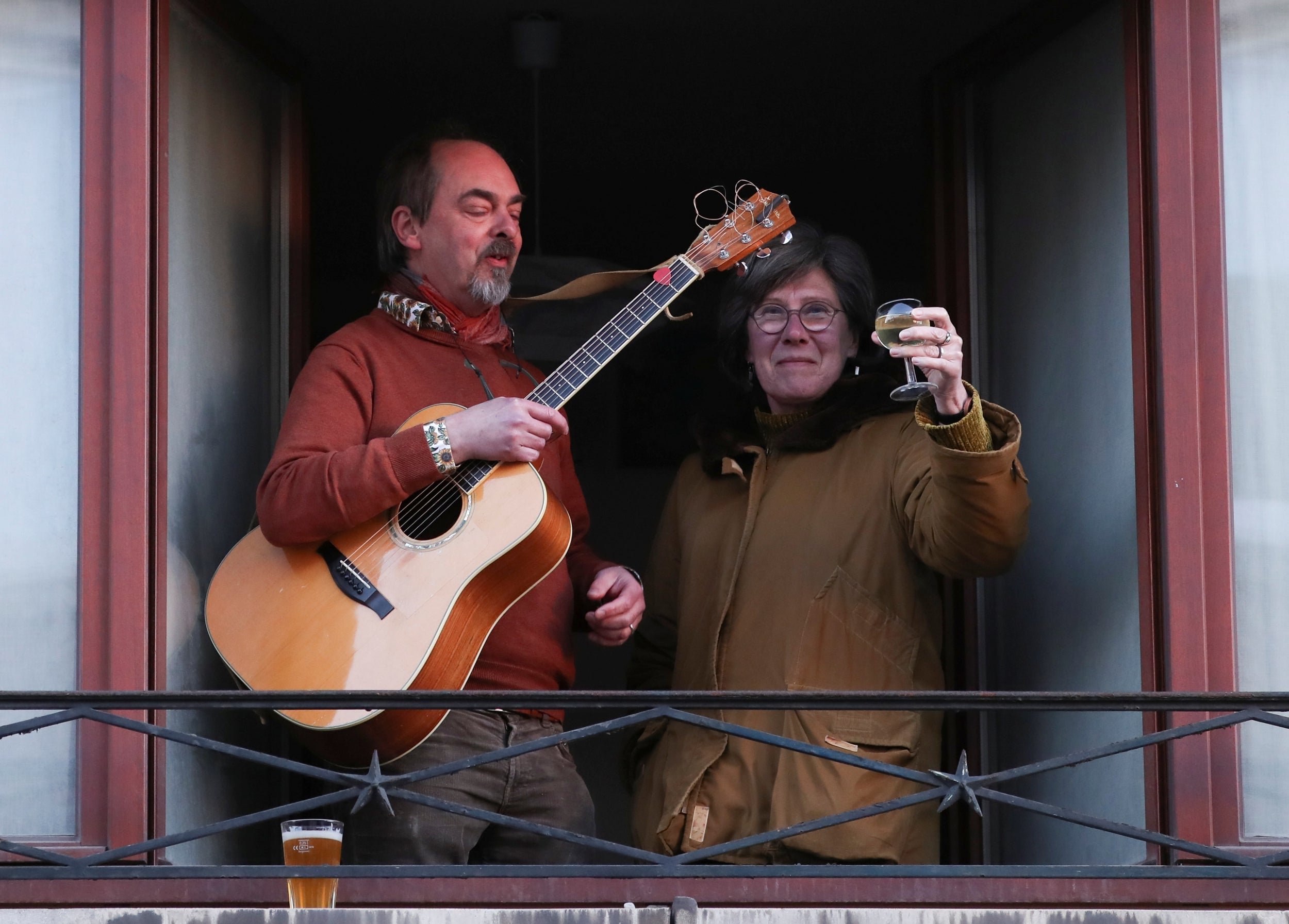
12/15
Residents toast during a “safe distance” aperitif time between neighbours in Anderlecht, Belgium
Reuters

13/15
Musician Adam Moser plays for neighbours from his balcony in Budapest, Hungary
Reuters
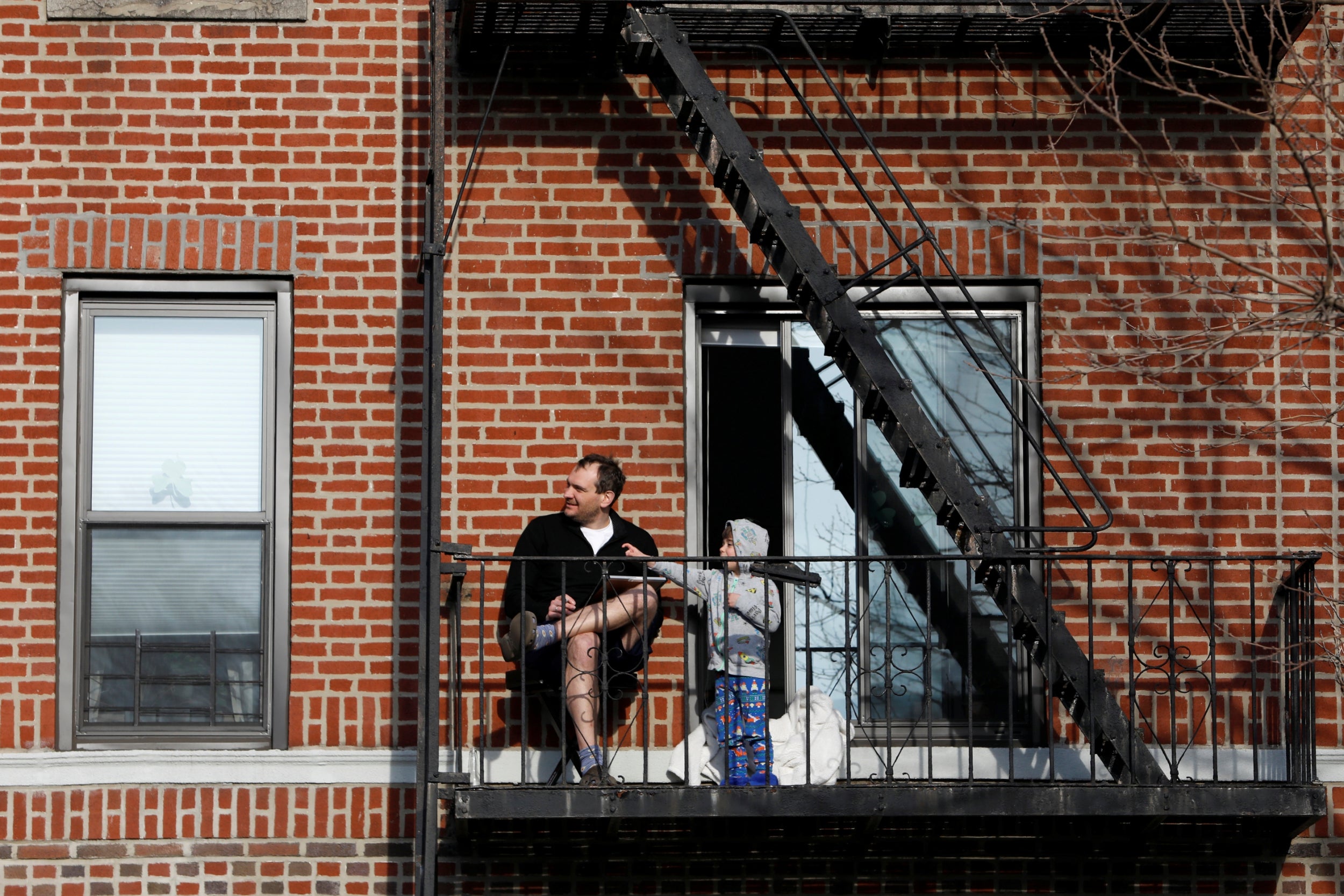
14/15
A man and his son on their balcony in Brooklyn
Reuters

15/15
A man sits alone on a roof terrace in Rome
Reuters

1/15
A rose is delivered by drone to a woman on Mother’s Day in Jounieh, Lebanon
AFP/Getty

2/15
Women dance on their balcony as a radio station plays music for a flash mob to raise spirits in Rome
Reuters

3/15
A skeleton stands on a balcony in Frankfurt, Germany
AP

4/15
The film Le ragazze di Piazza di Spagna is projected on a building in Rome
AP

5/15
A woman uses a basket tied to a rope to pull a delivery of groceries up to her balcony in Naples, Italy
EPA

6/15
DJ Francesco Cellini plays for his neighbours from the rooftop terrace of his flat block in Rome
Reuters

7/15
A woman gestures from her balcony in Barcelona
EPA

8/15
Cellist Karina Nunez performs for her neighbours at the balcony of her flat in Panama City
Reuters

9/15
DJ Nash Petrovic live streams a set from his roof in Brooklyn
Reuters

10/15
People applaud medical workers from their balconies in Modiin, Israel
Reuters

11/15
A Brooklyn resident relaxes in a hammock hung on their balcony
Reuters

12/15
Residents toast during a “safe distance” aperitif time between neighbours in Anderlecht, Belgium
Reuters

13/15
Musician Adam Moser plays for neighbours from his balcony in Budapest, Hungary
Reuters

14/15
A man and his son on their balcony in Brooklyn
Reuters

15/15
A man sits alone on a roof terrace in Rome
Reuters
Baroness Grey-Thompson said “part’ of the legislation was needed, but raised fears over:
* Hard-pressed local authorities no longer assessing whether people require care, once the legal requirement is lifted.
* Disabled children turning 18 and finding their care help will “just stop”.
The latest news on Brexit, politics and beyond direct to your inbox
* Claimants of personal independent payments becoming “stuck in the appeal process” and losing vital cash.
* That it will be possible for a single medical professional to section someone under the Mental Health Act.
* A lack of support for victims of domestic violence, who “will be at greater risk”.
* TV advice on the epidemic being broadcast without “a sign language interpreter so that everybody can understand what is going on”.
“I have huge sympathy for what the government are trying to do right now, but a Bill of this magnitude will be life-changing for disabled people,” she told ministers.
In response, Lord Bethell, a junior health minister, said Baroness Grey-Thompson had spoken “incredibly movingly”, but failed to answer her questions directly.
He said “local authorities and providers will do everything they can to continue to meet all needs”.
But he added: “We cannot rule out the possibility that, in the coming period, they will need to take difficult decisions and may need to be able to focus their resources on prioritising accordingly to meet the most urgent needs.”


